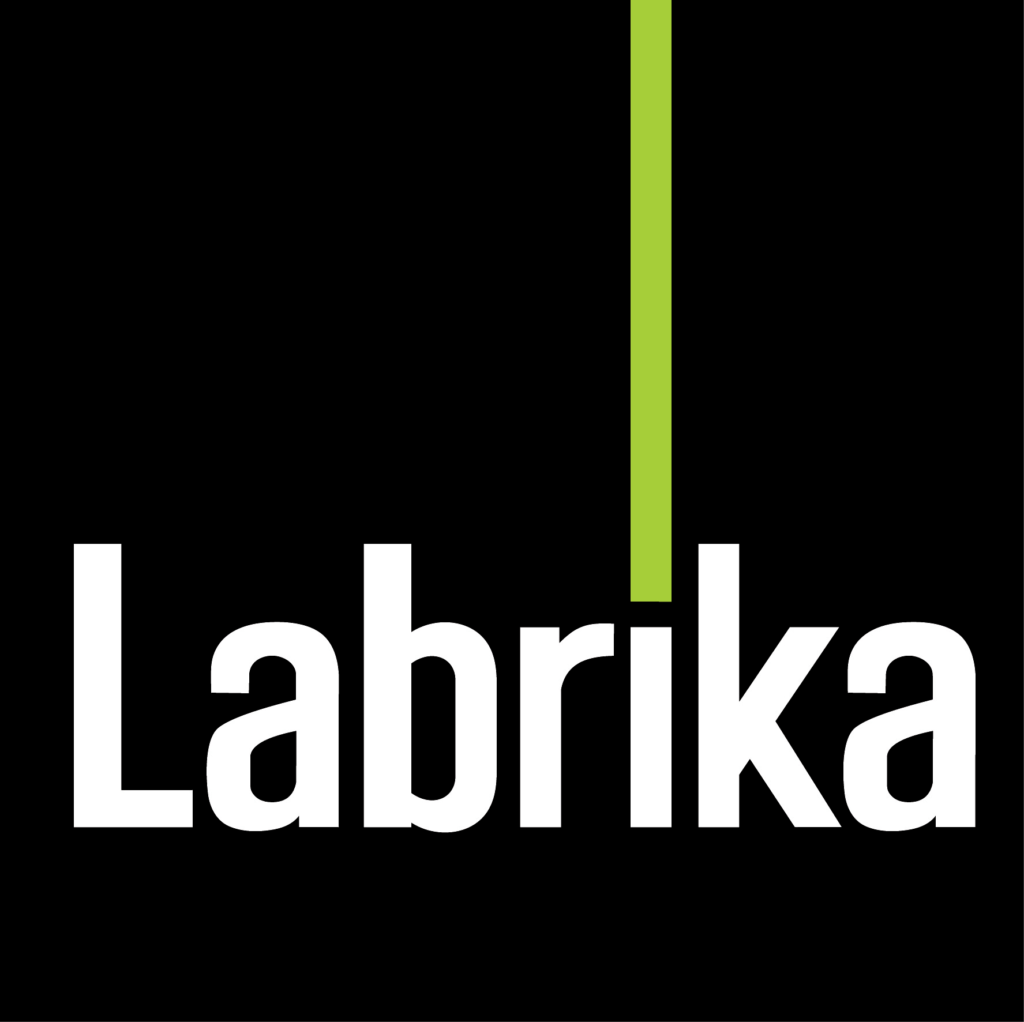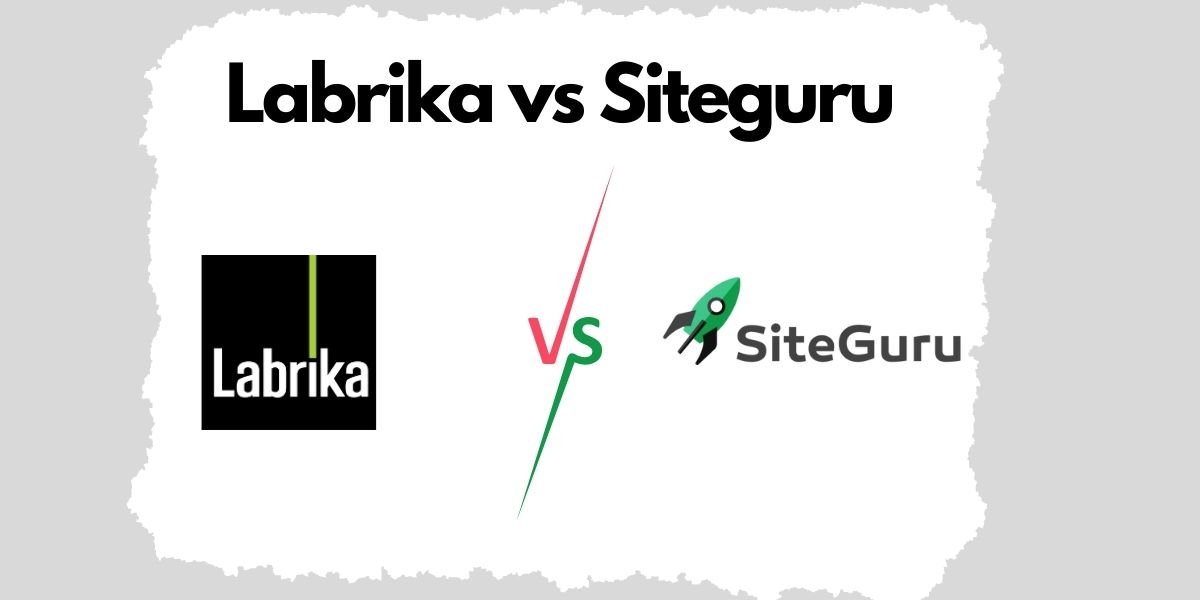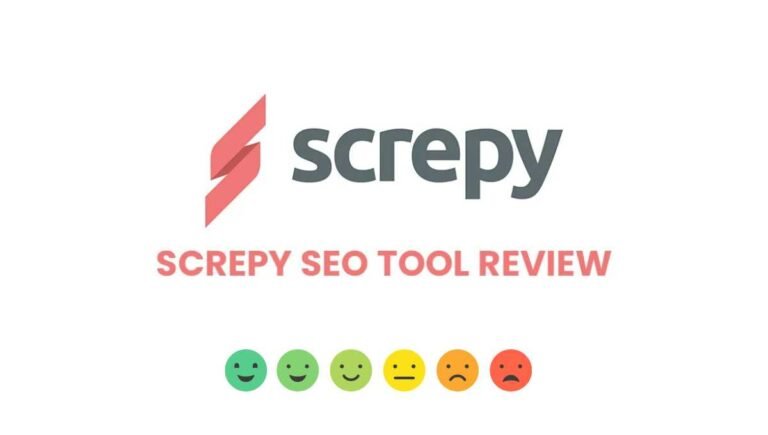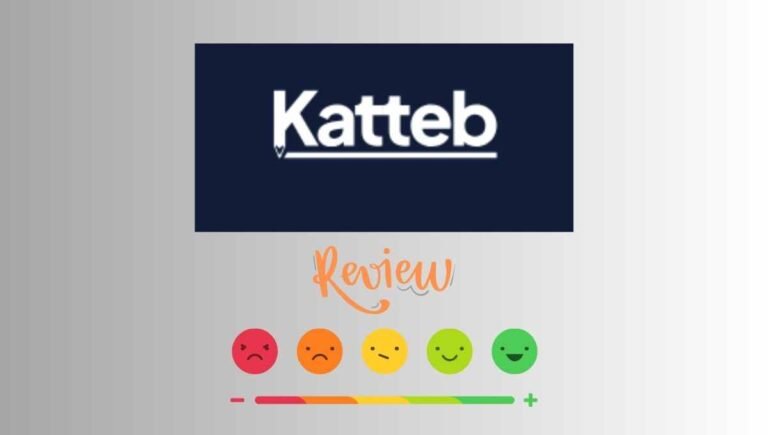Labrika vs SiteGuru: A Comprehensive Comparison for Everyday Users
In the world of website optimization and SEO, tools like Labrika and SiteGuru play a crucial role. Both platforms promise to improve your website’s performance, increase visibility, and provide actionable insights for better search engine rankings. But which one is right for you? In this post, we’ll dive deep into a comparison of Labrika vs SiteGuru, breaking down their features, pros, and cons, while keeping the technical jargon to a minimum. Whether you’re a seasoned SEO expert or someone just starting out, this guide will help you make an informed decision.
Introduction: Why Website Optimization Matters
Website optimization is no longer an option—it’s a necessity. Without the right tools to measure performance, audit SEO, and track user experience, your website may struggle to compete in today’s digital landscape. That’s where SEO tools like Labrika and SiteGuru come into play. But how do they compare?
Labrika Overview

Labrika is an all-in-one SEO tool designed to provide comprehensive audits, keyword analysis, and recommendations for on-page optimization. It promises to simplify complex SEO tasks, allowing users to focus on improving their content and technical setup.
Key Features of Labrika:
- SEO Audit: Labrika scans your entire site and identifies issues that could harm your rankings. This includes broken links, missing meta tags, and page speed insights.
- Keyword Analysis: It provides detailed keyword recommendations based on your content, showing what keywords to target for better ranking.
- Content Optimization: Labrika analyzes your content for readability, keyword usage, and semantic relevance.
- Competitor Analysis: Offers insights into how your site compares to competitors in terms of SEO performance.
- User Experience (UX) Monitoring: Tracks page loading speed and other performance metrics that influence user engagement.
SiteGuru Overview

SiteGuru, on the other hand, focuses on simplifying SEO audits for small businesses and individuals. Its core selling point is ease of use, designed for users with minimal technical knowledge. While not as feature-packed as Labrika, SiteGuru is popular for its straightforward approach and actionable insights.
Key Features of SiteGuru:
- Automated SEO Reports: Regular SEO checks to identify broken links, meta description issues, and alt text gaps.
- Actionable Insights: SiteGuru provides clear, step-by-step recommendations that are easy to follow, even if you’re new to SEO.
- Page Performance Monitoring: Similar to Labrika, SiteGuru tracks your site’s speed and performance, offering suggestions for improvement.
- Technical SEO Checks: It flags critical issues like HTTPS implementation, mobile-friendliness, and crawlability.
Detailed Comparison: Labrika vs SiteGuru
Now that we’ve introduced the two platforms, let’s break down their differences. While both tools aim to improve website performance and SEO, they cater to slightly different audiences.
Ease of Use
- Labrika: Despite its advanced features, Labrika’s interface is user-friendly, though it may require a bit more time to fully grasp if you’re new to SEO. It’s designed for users who want comprehensive insights and are comfortable with some technical terminology.
- SiteGuru: SiteGuru shines in ease of use. It’s perfect for beginners who may not understand SEO’s more technical aspects. The platform is intuitive, and its reports are clear, making it easy for anyone to take action on the recommendations.
Winner: SiteGuru for ease of use, especially for non-technical users.
SEO Audit Capabilities
- Labrika: Provides an in-depth audit, covering everything from on-page SEO to performance issues. Labrika offers more granular details, such as duplicate content detection and semantic keyword analysis.
- SiteGuru: Offers regular SEO audits but doesn’t dive as deep into the finer points of content optimization. However, it’s thorough enough for small to medium-sized websites and provides a simple checklist of items to fix.
Winner: Labrika for its more comprehensive audit capabilities.
Keyword Analysis
- Labrika: One of the strong points of Labrika is its keyword analysis tool. It gives detailed reports on keyword opportunities, search volume, and competitive analysis. This feature is particularly useful for content creators aiming to enhance their SEO strategies.
- SiteGuru: Lacks a dedicated keyword analysis tool. While it does provide SEO insights, it doesn’t focus as much on keyword recommendations or competitor analysis.
Winner: Labrika, especially for those focusing on keyword-driven SEO.
Content Optimization
- Labrika: Offers advanced content optimization tools, including keyword suggestions, readability scoring, and semantic relevance checks. This helps ensure your content is not only SEO-friendly but also user-friendly.
- SiteGuru: While SiteGuru provides content recommendations, it doesn’t go as deep as Labrika in terms of semantic analysis or keyword density checks.
Winner: Labrika for its superior content optimization capabilities.
Competitor Analysis
- Labrika: Provides detailed competitor analysis, helping you see where your site stands in comparison to others. This can be crucial for developing strategies to outperform competitors.
- SiteGuru: Competitor analysis is not a core focus of SiteGuru. Its aim is to help you improve your site rather than compare it with others.
Winner: Labrika for its robust competitor analysis feature.
Pricing
Both platforms offer flexible pricing models, making them accessible to a wide range of users.
- Labrika: Pricing starts at around $19.99 per month, with plans scaling based on the number of keywords and websites you want to track.
- SiteGuru: SiteGuru starts at about $29 per month, with the ability to run regular SEO reports and track multiple websites.
Winner: This depends on your budget and needs. Labrika offers more advanced features for a slightly lower price, making it a better option for those looking for more in-depth tools. However, SiteGuru’s simplicity might be worth the extra cost for beginners.
Tables: Comparing Labrika and SiteGuru Features
To make this comparison even clearer, here are two helpful tables.
Table 1: Labrika vs SiteGuru Feature Comparison
| Feature | Labrika | SiteGuru |
|---|---|---|
| SEO Audit | Comprehensive | Regular, Simple |
| Keyword Analysis | Yes | No |
| Content Optimization | Advanced | Basic |
| Competitor Analysis | Yes | No |
| Ease of Use | Moderate | Very Easy |
| Pricing | Starts at $19.99 | Starts at $29 |
Table 2: Pros and Cons of Labrika vs SiteGuru
| Criteria | Labrika Pros | Labrika Cons | SiteGuru Pros | SiteGuru Cons |
|---|---|---|---|---|
| SEO Depth | In-depth SEO analysis | May be overwhelming for beginners | Simple, easy-to-understand reports | Lacks advanced analysis tools |
| User Experience (UX) | Great for advanced users | Learning curve | Very user-friendly | Lacks advanced features |
| Keyword Research | Advanced keyword recommendations | Slightly more expensive at scale | N/A | No keyword tools |
Engaging with Interactive Elements
At this point, you might be wondering: “Which tool should I choose based on my experience level?” If you’re a beginner or someone who simply wants clear, actionable steps to improve your website, SiteGuru might be the better option. However, if you want a deep-dive into SEO with advanced features, Labrika offers more comprehensive tools.
What’s been your experience with website optimization tools? Have you used Labrika or SiteGuru? Share your thoughts in the comments below!
FAQ: Common Queries
Here are some frequently asked questions about these two tools, inspired by common search queries.
- Is Labrika suitable for beginners?
Labrika offers a lot of advanced features that might feel overwhelming for complete beginners. However, with some time and practice, beginners can still benefit from its detailed reports. - Does SiteGuru offer keyword analysis?
No, SiteGuru focuses more on technical SEO audits and performance monitoring. It doesn’t provide in-depth keyword research or recommendations. - Which tool is better for large websites?
Labrika, due to its more comprehensive analysis, is better suited for larger websites that require in-depth auditing and optimization. - Is there a free trial for either tool?
Both Labrika and SiteGuru offer free trials, allowing users to test out the platforms before committing to a paid plan. - Can I use these tools for e-commerce sites?
Yes, both tools are useful for e-commerce websites. Labrika’s content optimization features may provide an edge in driving traffic to product pages.
Conclusion: Which Tool is Best for You?
Both Labrika and SiteGuru have their strengths, but the right choice depends on your specific needs. Labrika is perfect for those who want comprehensive SEO audits, keyword analysis, and competitor insights. On the other hand, SiteGuru is ideal for users looking for simplicity and actionable steps without the need for extensive SEO knowledge.
Ultimately, the decision comes down to how deep you want to dive into SEO. Whether you choose Labrika or SiteGuru, you’re taking a step toward improving your website’s performance and visibility.
Ready to optimize your site? Try Labrika or SiteGuru today and let us know which tool worked best for you!







